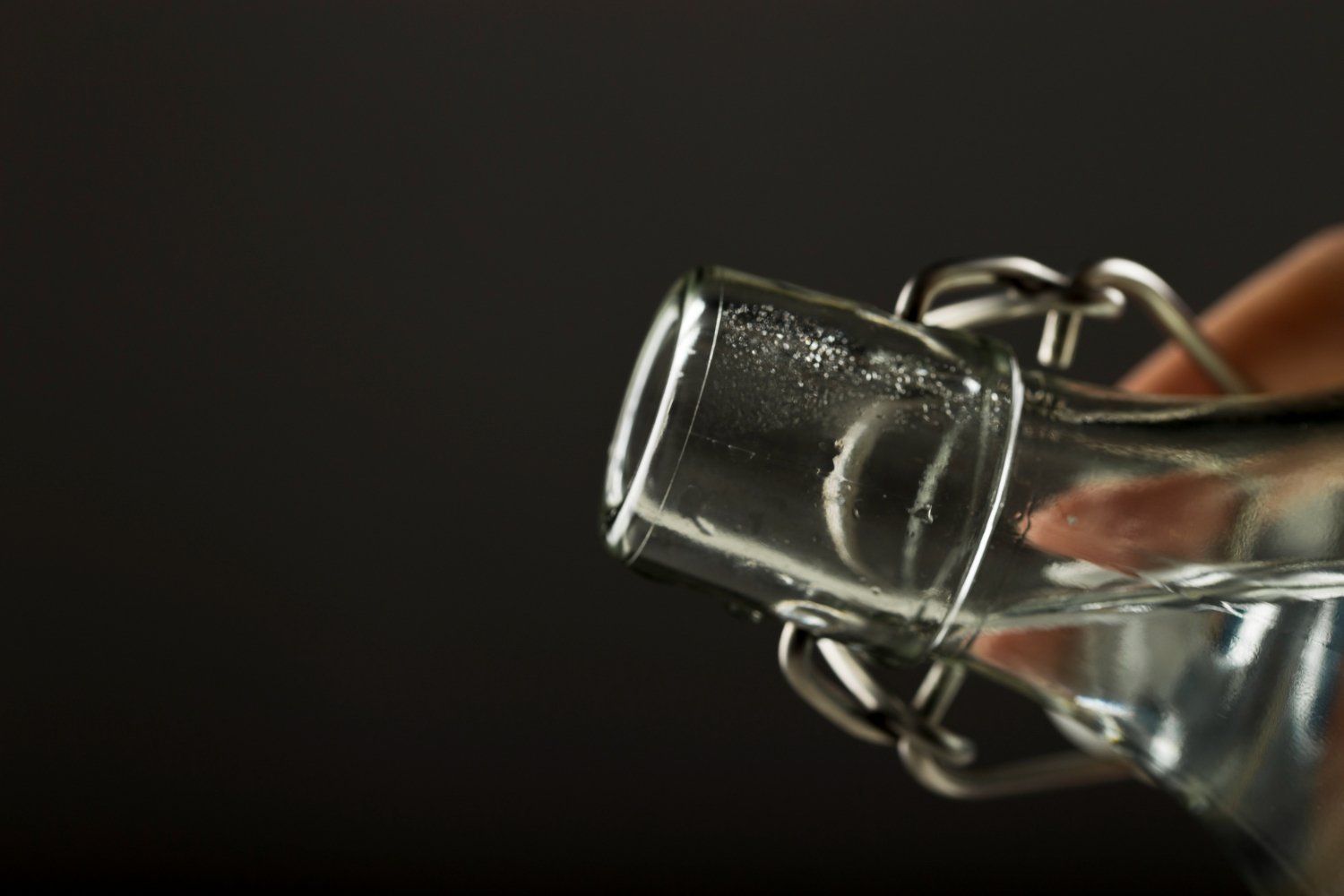Being environmentally friendly has become a major priority in the modern world due to growing concerns about the effects of plastic waste on the environment. PVA, or polyvinyl alcohol, is a synthetic water-soluble polymer that is becoming more and more well-liked since it is environmentally benign. We shall examine PVA’s definition, characteristics, and environmental friendliness in this post.
PVA: What is it?
Polyvinyl acetate is partially hydrolysed to create polyvinyl alcohol (PVA), a synthetic polymer that dissolves in water. In many different industries, including paper, textiles, adhesives, coatings, packaging, and more, this colourless and odourless solid is frequently utilised.
PVA is a common material for coatings and packaging films because of its exceptional film-forming qualities. In addition, it serves as an adhesive in a variety of applications and a binder in paper and textiles. Furthermore, PVA can be altered with various chemicals to enhance its strength, flexibility, and resistance to water.
PVA is an environmentally favourable substance for many purposes because it is non-toxic and biodegradable. However, the environment in which it is disposed of affects how biodegradable it is, and in some circumstances, it may take a long time to break down.
Are PVA glue and polyvinyl alcohol interchangeable?
PVA glue and polyvinyl alcohol (PVA) are two distinct but related materials. Polyvinyl acetate (PVA) is the primary ingredient in PVA glue, a water-based adhesive that is commonly referred to as white glue or school glue. PVA glue is frequently utilised in woodworking, arts & crafts, and other fields where a strong, flexible, and water-resistant bond is required.
PVA does not have the same bonding qualities as PVA glue and is not an adhesive. Rather, PVA is prized for its chemical and physical qualities, including its biodegradability. Although PVA polymer is present in both PVA and PVA glue, its formulations and functions differ.
What is the typical use of PVA?
Because of its special qualities, PVA can be used in a wide range of products, such as films, textiles, adhesives, and paper coatings. Because of its oxygen barrier qualities, which help to maintain the freshness of the packaged goods, it is also frequently utilised in the food packaging sector.
In laundry detergent, polyvinyl alcohol (PVA) is occasionally utilised as a water-soluble film that dissolves during the washing cycle to liberate the detergent’s other active ingredients. By supplying pre-measured doses of detergent that dissolve rapidly in water, this kind of PVA film—also known as a “unit dose” or “single dose” film—improves the ease and effectiveness of laundry detergent.
Is PVA environmentally friendly?
PVA’s water solubility and biodegradability are two of its main advantages. PVA is a more environmentally friendly substitute for conventional plastics since it decomposes into non-toxic components when exposed to moisture and microbes. Under the correct circumstances, PVA can take many months to decompose because it is not entirely biodegradable.
PVA has less of an influence on the environment than other polymers. When it breaks down, it doesn’t release any dangerous compounds. Its biodegradability isn’t flawless, though, and its production still needs energy and resources.
“We don’t always have to sacrifice what’s easy for what’s safe for our health and best for the environment,” says Michigan State University. PVA components are a great illustration of an element that is revolutionising an industry.
It’s crucial to remember, nevertheless, that certain nations have laws governing the disposal of PVA products in order to protect the environment. For instance, PVA is governed by the Waste Framework Directive in the European Union, which lays forth guidelines for waste management and disposal in order to safeguard the environment and public health. According to the Directive, PVA products must be disposed of in a way that reduces their environmental impact, such as in specialised waste treatment facilities or through composting. If worries over PVA’s effects on the environment grow, several nations might eventually enact stronger laws or even ban it.
Suggested items both with and without PVA
PVA is still a viable option in spite of its drawbacks. PVA is an ingredient in a number of environmentally friendly dish soaps and laundry detergents that can aid in cutting down on plastic waste. Other environmentally friendly packaging choices are also available, like biodegradable polymers derived from plants.
A number of businesses, like Dropps, TruEarth, and Kind Laundry, have used PVA-based packaging for their laundry detergents because they understand how important it is to reduce plastic waste and promote sustainability. These businesses are making a positive move by providing environmentally friendly substitutes for traditional plastic packaging.
PVA-free alternatives do exist, though, such as Meliora Laundry Detergent, which employs natural ingredients and biodegradable paper packaging.
One of the most important factors in lowering plastic waste is consumer choice. We may lessen the impact of our daily lives on the environment by selecting products that include PVA or other sustainable substitutes.
Choosing Wisely for a Sustainable Future
To sum up, PVA represents a promising advancement as a long-term fix. It is a more sustainable substitute for conventional plastics because to its water solubility and biodegradability, as well as its special qualities that make it valuable in a range of applications. It is not a perfect answer, though, and we still need to be mindful of its drawbacks. By supporting more environmentally friendly solutions in the things we use on a daily basis and selecting more sustainable products, we as consumers can make a difference.

